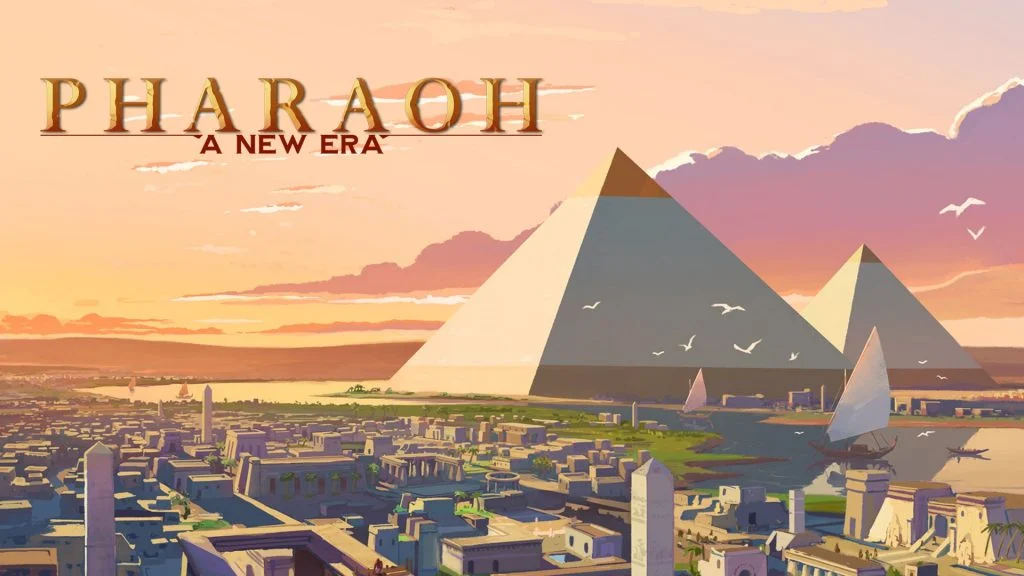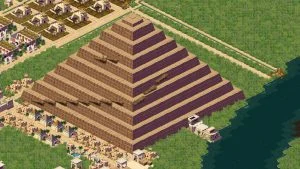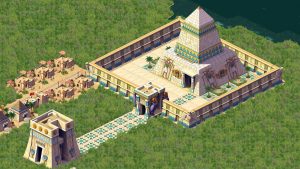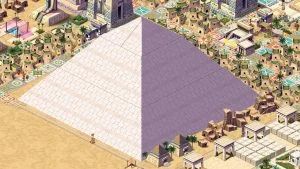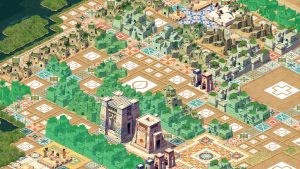Pharaoh: A New Era is a single-player city-building game based on the 1999 city-sim created by Sierra Entertainment. With over 50 unique missions, players are tasked with developing a thriving society in ancient Egypt, building temples to pray to deities, and constructing massive monuments like the Pyramids and Sphinx.
When I first heard about Pharaoh: A New Era, I have to admit; I was pretty excited. As a city-builder/settlement-management fiend, I’m always down to try the latest in the genre. The game also had something else going for it — a highly acclaimed title of the same name from 1999 to use as a foundation. While I’ve never played the original (I have done my research), I’ve got to say playing this game made me want to, but not for the right reasons.
At face value, initially, Pharaoh: A New Era is fun, but as you get deeper, cracks begin to form. With 40 hours of playtime, I can now give my unbiased opinion on the new city builder.
I Love the Egyptian Theme and Aesthetic
As a history buff, there’s no other time or place quite as captivating as ancient Egypt. With a rich history spanning thousands of years, the idea that I could build my own Pyramids and Sphinxes while navigating the dangers of the Nile River and learning a bit more about ancient Egyptian culture piqued my interest. And to its credit, Pharaoh: A New Era has that in droves.
Gamers must play through a series of missions in the Campaign mode, each of which catalogs the history you’re playing through. As you advance through various assignments, you also advance through time, and your empire grows.
Unlike more recent games that opt for an open-world route, Pharaoh maintains a linear path, where players must complete the current mission to continue to the next one. Each mission is accompanied by text and a narrator explaining why you’re there and the settlement’s goals. Much of this occurs through rather long text dialogues, never truly immersing players into the game through in-game events or cinematic cut scenes, a somewhat disappointing missed opportunity.
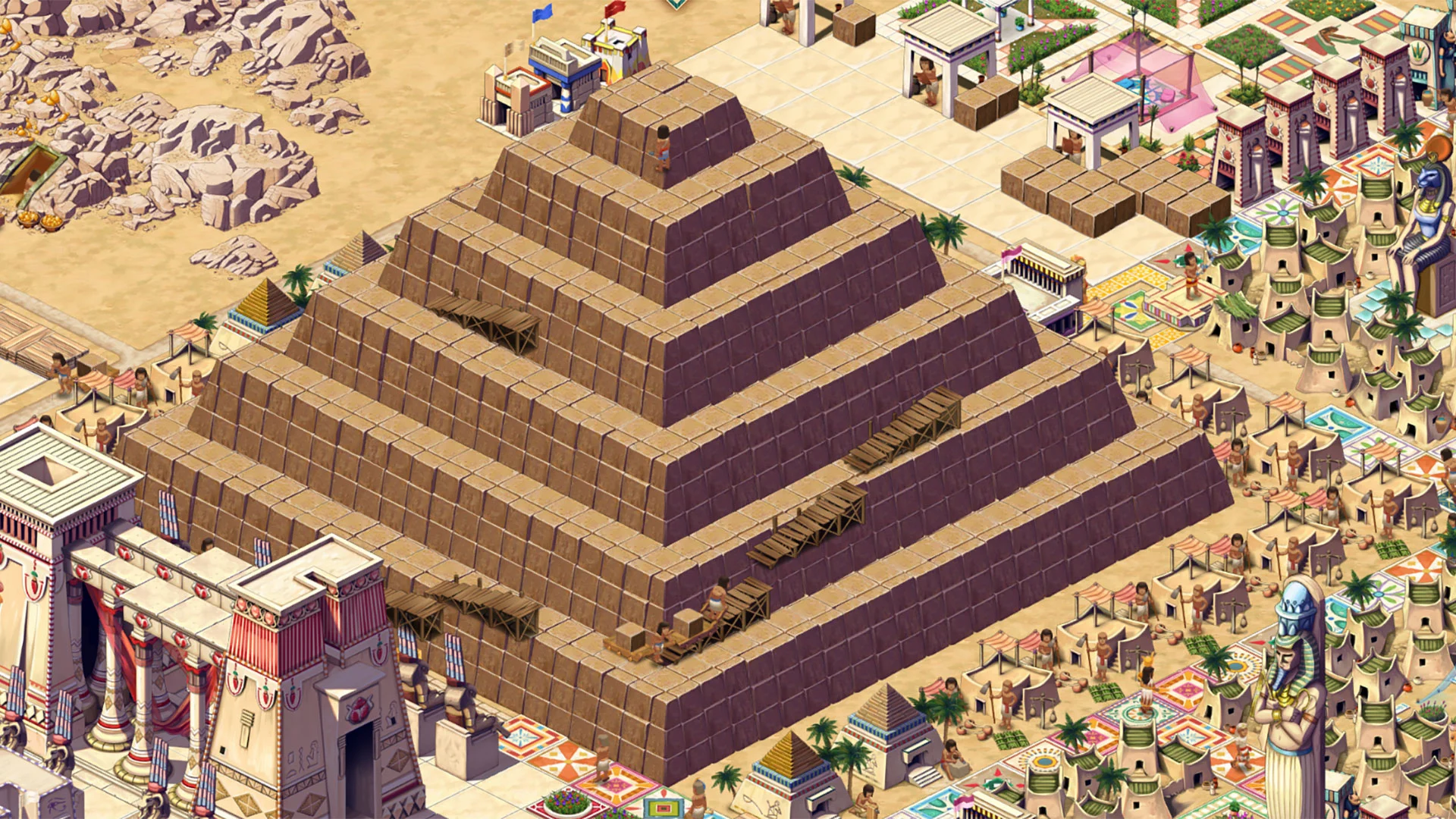
That being said, the game’s graphics are actually quite beautiful, especially as city-builders go. The temples, monuments, and idols you can construct from mined resources across the map give a colorful, insightful look into the reality of what some ancient Egyptian cities may have looked like at their peak before history washed away their vibrance. Gardens feel bright and lush, and the ability to decorate the streets with intricate designs sets it apart from many others in the genre.
I liked the sounds of the city, and as I played, the noises never bothered me. On the contrary, the audio in the game makes your city feel alive, and the ancient Egyptian-esque soundtrack sets the scene in a game genre not otherwise known for immersion.
Pharaoh: A New Era Feels Early-Access
Now for the negatives, unfortunately. Pharaoh: A New Era does not feel like a finished or polished game. With other city builders being created by small development teams, there’s no excuse for this.
Through my playthrough, I found out that crocodiles were invincible. And no, it wasn’t the Egyptian Crocodile deity, Sobek; it just seemed like a developer oversight, one that could have been uncovered with even minor testing. And while it might seem like a nitpick if you’ve never played, having a single croc ravaging your city’s residents while maintaining a huge land army and having armed police roaming the streets took me out of the game.
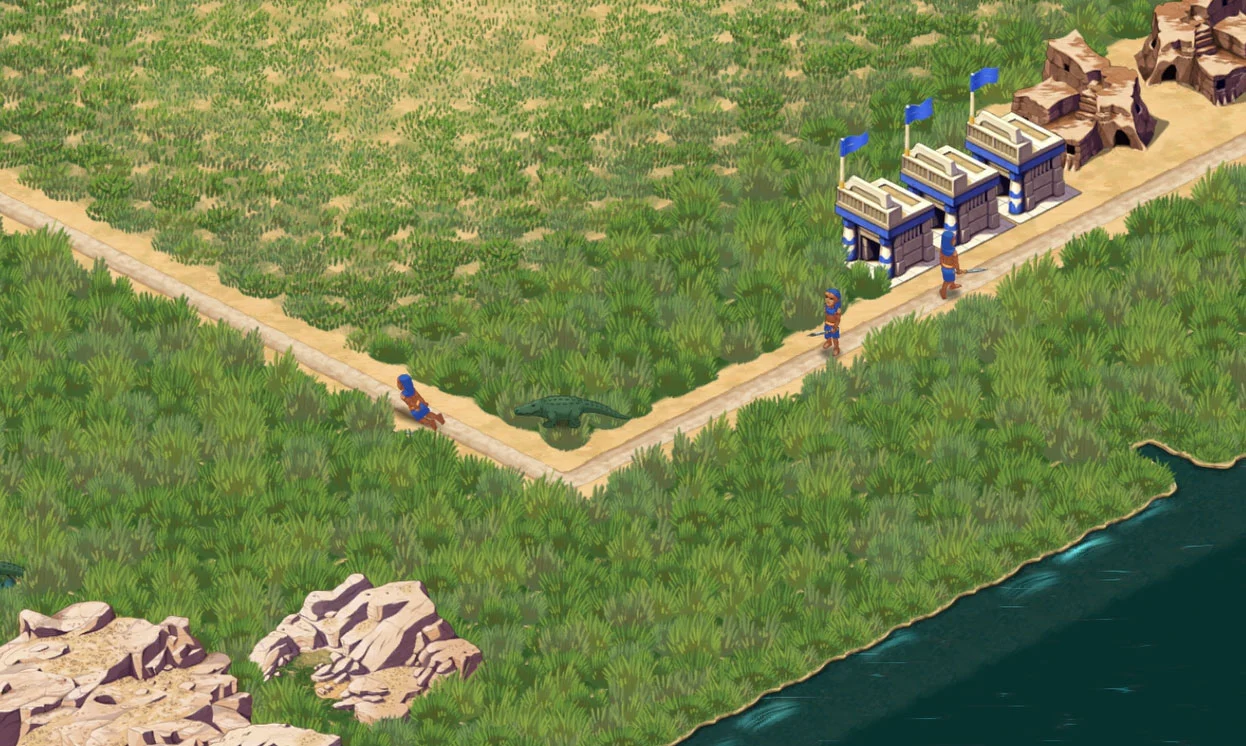
Then came the Giant Pyramid quest, where you are tasked with building the iconic monument. After playing what felt like a 4 hour-long campaign to build up a massive economy, resources, and appease vengeful gods waiting to smite all my storage yards, my tremendous feat was finally finished.
But, to my utter disbelief, the game bugged out and didn’t give me victory. I obsessively looked through each objective, double and triple checked that I was doing it right, and it just wouldn’t end the mission.
Going to Reddit and the Steam forums proved to me I wasn’t the only person with this issue — and so after reloading the game, and my save, and doing the campaign over — I finally waved the white flag of defeat when it came to the campaign. And while this wasn’t all bad, as you can select the missions from the Mission Selection menu, it shattered my campaign’s momentum in a game that already lacks a sense of immersion.
Other mechanics feel off, too. The military/combat aspects of the game are literally laughable as two armies just smoosh into each other like two hard bodies from a Netflix dating show. They could have improved these areas from the original, but it feels like they threw it together to get the game out on deadline.
Sometimes icon text just inexplicably disappears, necessitating players to learn Ancient Egyptian to decipher the less-than-helpful icons on the UI. While this occurred on some missions more than others for me (the earlier missions), it made navigating the interface annoying. While I’ve experienced worse interfaces in the past, this one is certainly not the best.
Missions Start Feeling Like a Slog
The game does a good job of representing the massive amount of human labor required to build amazing structures like a pyramid. But that doesn’t mean conveying that idea has to be boring.
There were several times through several missions when my city reached maximum efficiency. With maxed-out Stone Quarries and a production chain that would efficiently ferry resources for construction, there’s nothing left to do at some points but put the game on max speed and walk away as your monument takes another 4 hours to build.
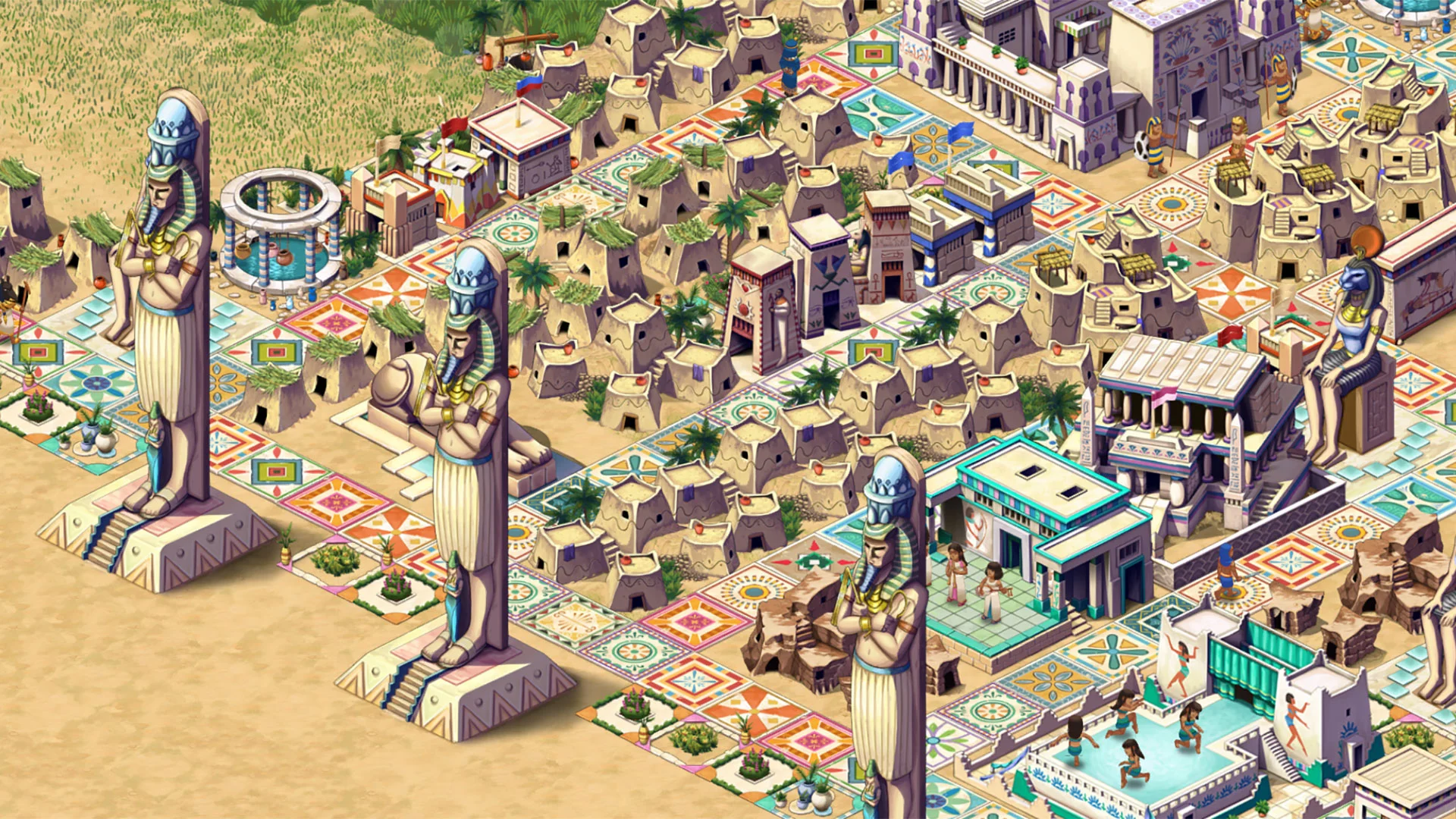
Except, you can’t walk away. Because every 5 seconds, a notification pops up, pausing your game and telling you about something that doesn’t matter in your city. And these notifications are pretty unrelenting.
And so, with unlimited resources and a treasury that would make Elon Musk blush, you could continue just building out your city, but then that risks destroying the balancing act you’ve pulled off for all your industries. And so, at least for me, it was just a waiting game to finish watching my workers build something on 5x speed for the next few hours.
A Missed Opportunity
There is just so much here I could lament about, but the reality is that I am just very much let down by this game. When you take something considered a classic and all-time great to many in the community and re-skin it, adjust the UI, and add nothing else, it doesn’t feel representative of the innovation that the first game symbolized, even as someone who never even played the first game!
While I know it’s aiming for historical accuracy, it would have been nice to get a sandbox mode, where perhaps, you could create your own Egyptian lineage and change the course of history, or a new RTS mode that enabled you to control your military. The sheer mass of knowledge that game developers have learned over the past two decades could have been used to make Pharaoh: A New Era a great game, but it wasn’t.
This reduces what could have been an amazing, historically-rich title that could have appealed to a whole new generation of gamers into “just another city builder, but this time set in ancient Egypt.”
Pharaoh A New Era Review
OK
Pharaoh: A New Era is a visually appealing city-builder set in ancient Egypt that has a few bugs that make the game less enjoyable and gameplay elements and mechanics that lack the same innovation as the original. A lack of risk-taking makes the game feel run-of-the-mill and erases its potentially addictive qualities.
Pharaoh: A New Era is on Steam.
See our Review Policy Here.
Reviewed on PC.

